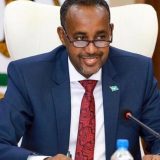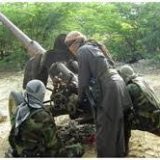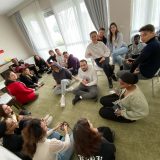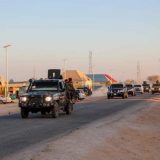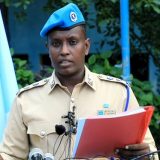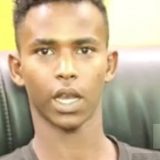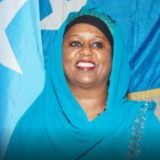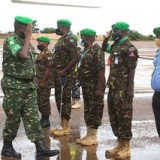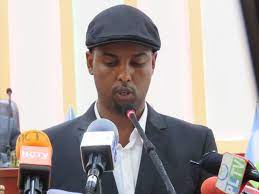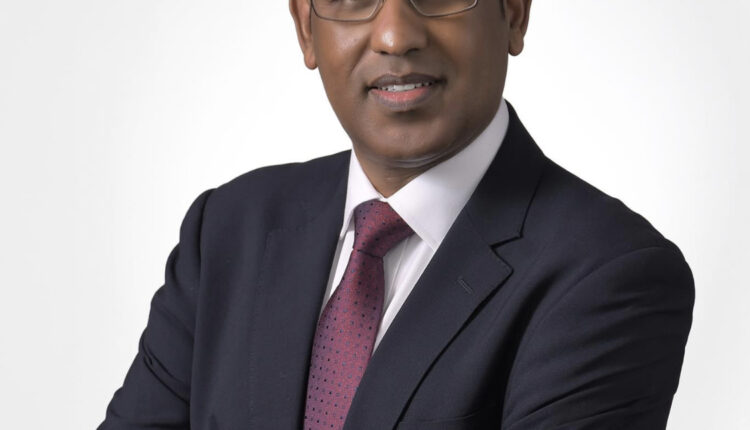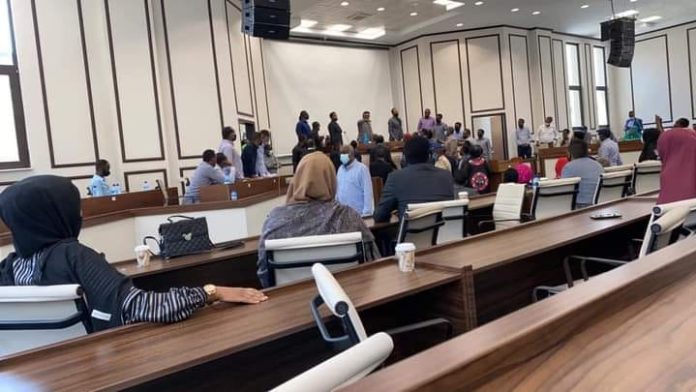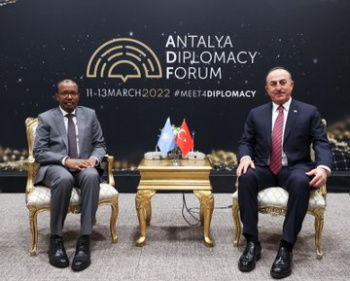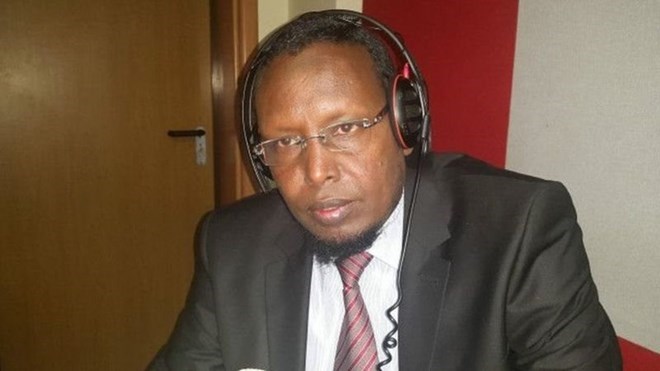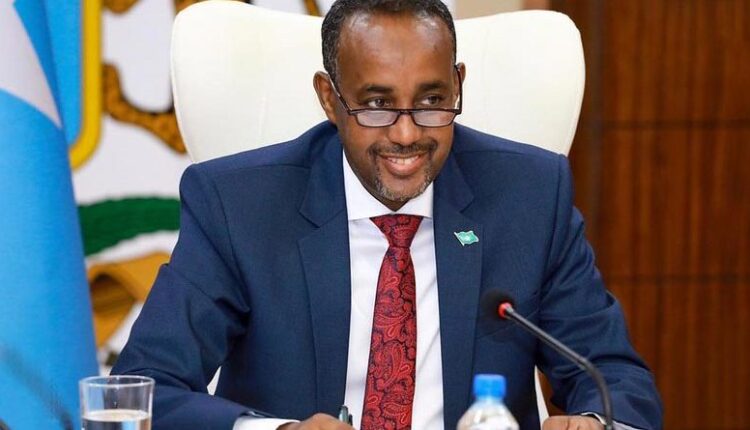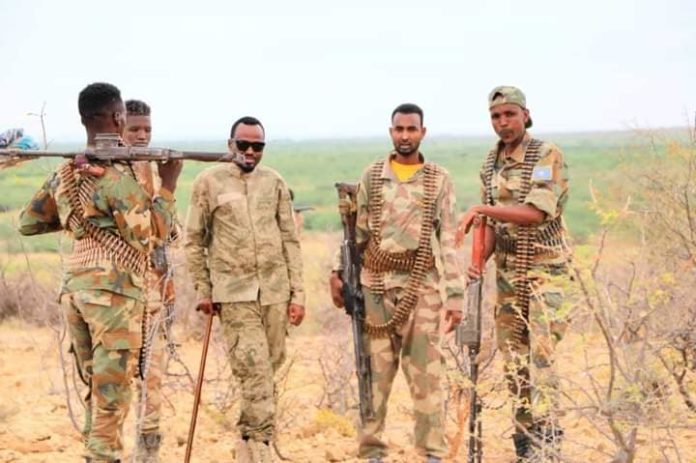Somalia fuels child slavery through the use of young soldiers

Source: Mon, 1 Dec 2014 17:14 GMT
Author: Muhyadin Ahmed Roble
Child slavery comes in a multitude of forms, as I saw and heard at the Thomson Reuters Foundation’s Trust Women Conference, but it’s the thought of Somalia’s child soldiers that most haunts me.
Growing up in violent and conflict-ravaged Somalia – a country that’s yet to find a solution to a 23-year-long civil war – the sight of children toting guns was part of my everyday life.
On my way to school in Mogadishu every morning, I would pass other children standing or sitting with loaded, fully automatic Soviet-made AK-47s – and I’d see them on my way home too.
Some of them were as young as 11 – thin, malnourished, scary-looking boys with bloodshot eyes in tattered clothes.
But these children weren’t fighting for themselves. They worked for the warlords who had turned Somalia’s capital – once a peaceful, civilised and dynamic city – into a ghost town.
Most of them were from rural areas, orphans whose parents had either died from famine or in the war. They were either forced to join armed Somali rebels in the 1980s or they chose to do so, probably because it was the only way to survive.
Young and immature, they were easily manipulated into child labour, providing the warlords with an endless supply of fighters.
They helped overthrow the country’s central government in 1991, even if they didn’t know why they were doing it. But their lives only got worse. And when the warlords turned their guns on each other, fighting over the control of strategic entities like the airport and seaport, the children fought their battles for them.
The warlords who controlled these young, loyal soldiers did achieve something, however. They seized power and money by becoming presidents, ministers and national army commanders as well as diplomats. Once in power, they let the child soldiers keep their guns, but there was no salary, no job and no rehabilitation.
Today, the warlords don’t have the leverage they once had and they have little control over child soldiers but the most disturbing thing is that the government – now run by academics and civil society activists – still recruit children into the army.
The number of child soldiers is not known but the United Nations, which asked the Somali government to end the recruitment of child soldiers, found that more than 220 children served in the army in 2013.
Local NGOs who monitor the recruitment of child soldiers into the army say the number is much higher. They estimate that 20 percent of the government’s soldiers are under the age of 18. And if you visit the frontlines of the fight against insurgents or look at the government’s checkpoints in Mogadishu, you’ll see these young fighters.
These children – some of whom deserted from the Islamist al Shabaab group – are used for intelligence gathering and combat operations. There is no plan to remove them from the army because the government needs everyone on board, children or not, to fight al Shabaab, one security official told me.
But keeping these children on the battlefields rather than giving them an education or jobs will not help the country progress. Instead, Somalia will be left with a generation of uneducated and psychologically damaged children, unless it manages to reintegrate its child soldiers before it’s too late.
What can the government do? It can implement both its own constitution that outlaws child labour and the International Labour Organisation (ILO) convention it ratified recently, which bans the worst forms of child labour.
But if the government itself can’t stop recruiting children into its army, how is it going to stop al Shabaab from using children to fight and carry out suicide attacks, and how is Somalia ever going to tackle child slavery?
(Editing by Katherine Baldwin)
((Muhyadin Ahmed Roble was a participant on a Reporting Trafficking and Slavery course held by Thomson Reuters Foundation in parallel with the foundation’s Trust Women Conference. Muhyadin is a producer and presenter at Radio Ergo, a Somali-language humanitarian broadcaster based in Nairobi, and a freelance correspondent for Inter Press Services (IPS).))
We welcome comments that advance the story through relevant opinion, anecdotes, links and data. If you see a comment that you believe is irrelevant or inappropriate, you can flag it to our editors by using the repo

